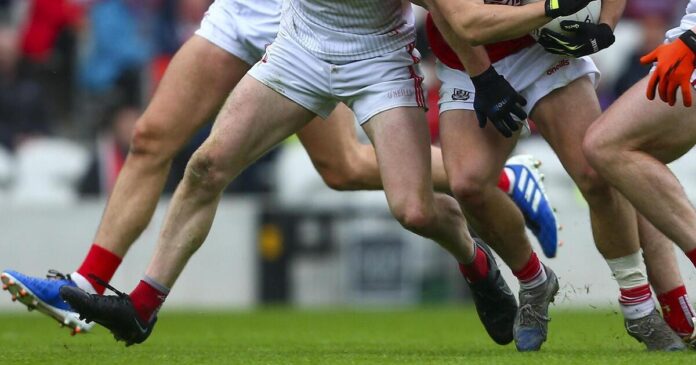Sports participants at all levels have been warned they should take out extra insurance to cover them in case of major or catastrophic injury.
It comes as it emerged that those who receive injuries during their playing career or suffer accidents while taking part in activities may face significant legal hurdles to secure compensation in the courts for their injuries.
Supplemental insurance to cover “dangerous sports or activities” where there is a risk of life-changing injury should be on the to-do list in much the same way that travel insurance is a necessary expense for those going on holiday, according to lawyers.
Volunteers who help out at their local sports clubs also run the risk of not having enough cover through normal insurance claims if they suffer major life-changing injuries.
It follows a High Court judgment last year in which a judge ruled that a man’s claim for “very serious injuries” sustained when he fell through a sports clubhouse roof could not succeed because he was a member of the club and effectively, he could not sue himself.
Personal injury lawyers from all over Europe under the umbrella organisation Pan European Organisation of Personal Injury Lawyers (PEOPIL) meet in Dublin next month to examine the issue of dangerous sports and inherent risks and how different jurisdictions handle such claims.
Europe-wide, there has been an increase in participation in “dangerous sports ” which can be anything from horse riding to paragliding and jet skiing or underwater activities.
Last year, the Irish High Court ruled that a man’s claim for damages for “very serious” injuries he sustained when he fell through a clubhouse roof while carrying out voluntary refurbishment works could not succeed as he was a member of the club.
In her ruling, Ms Justice Siobhán Stack said the “critical and indeed insuperable problem” for the man who was injured is that the premises where the incident occurred was in the occupation of the club, of which he was a member.
It is a “long-standing legal principle”, she said, that a club, as an unincorporated association of persons, cannot be sued by one of its members.
Case law from 1987 set that a person cannot sue a club of which he or she is a member because “one cannot sue oneself”, Ms Justice Stack went on.
The judge outlined the man’s “very serious injuries” as a result of the 2015 accident, which included fractures to his wrist, shoulder, and elbow, nerve damage to his hand, and soft tissue injuries to his back, shoulder, and nose and he was unable to work.
Irish solicitor Liam Moloney said all participants including junior players should have supplemental insurance because if anything major happened, it is possible the normal insurance would not provide them with enough cover.
He said all those taking part in activities should have additional insurance and players should have supplemental insurance to cover them in in every respect in case of very serious or catastrophic injuries.
Mr Moloney said the High Court judgment will also have implications for any club members who allege that they were injured while playing or participating in voluntary work activities on club grounds.
Disclaimers handed out before participation in at-risk activities should also be read carefully before signing, he said.
PEOPIL president and Spanish lawyer Ana Romero said the Dublin conference will include personal injury lawyers from Europe and the United States. She said for holidaymakers taking part in dangerous sports abroad it is very important to have specialist insurance which will help with medical treatment and repatriation.
“We often see the situation that those running the activity may not have sufficient insurance cover to provide assistance to the victims, so it is very helpful for the person in order to be able to receive proper medical treatment and to make sure that they are sufficiently taken care of, to have proper insurance in place,” she said.




































